Having successfully backed a differential captain in Blank Gameweek 29 when many of us handed the armband to Harry Kane, FPL BlackBox co-host Az takes a timely look at ‘effective ownership’.
The international break gives everyone a chance to pause and reflect on the season gone by and on their strategies going forward. As well as that, I think it allows for Fantasy Premier League (FPL) managers to consider their wider approach, including how they use all the information available to us to make their decisions.
In the spotlight this week is effective ownership (EO). For anyone who isn’t quite sure what this means, LiveFPL.net creator and site regular Ragabolly provides a perfect description:
EO = percentage of managers who started the player + percentage captained + percentage triple captained.
This summed percentage gives you an indication of the effect this player has on the average. If a player has an EO of 116%, it means every point he scores raises the average by 1.16 points.
Essentially, the highest EO anyone could have would be 300%, meaning that everyone in the game has triple captained this player. The lowest they could have would be 0%, meaning that no-one owns them.
This metric can help you determine the impact that various players will have on your rank should they perform. For example, if you own a player but haven’t captained them, and they have an EO above 100%, in theory, you will lose rank should they perform.

Above: The effective ownership of FPL assets in Gameweek 29 (source: LiveFPL.net)
Now there are caveats to this, namely that players will have different EOs depending on where you are in the overall FPL ranking. An example of this is Harry Kane (£11.6m) this week, who had an EO of 173% in the top 10k but 111% within the 1-1.5million ranking tier. You can use Ragabolly’s tool over at LiveFPL.net to see how different rank tiers affect EO. Don’t get hung up by the numbers too much, though: for the most part, there is a great deal of consistency between ranking tiers and who the players with the higher EOs are.
The debate
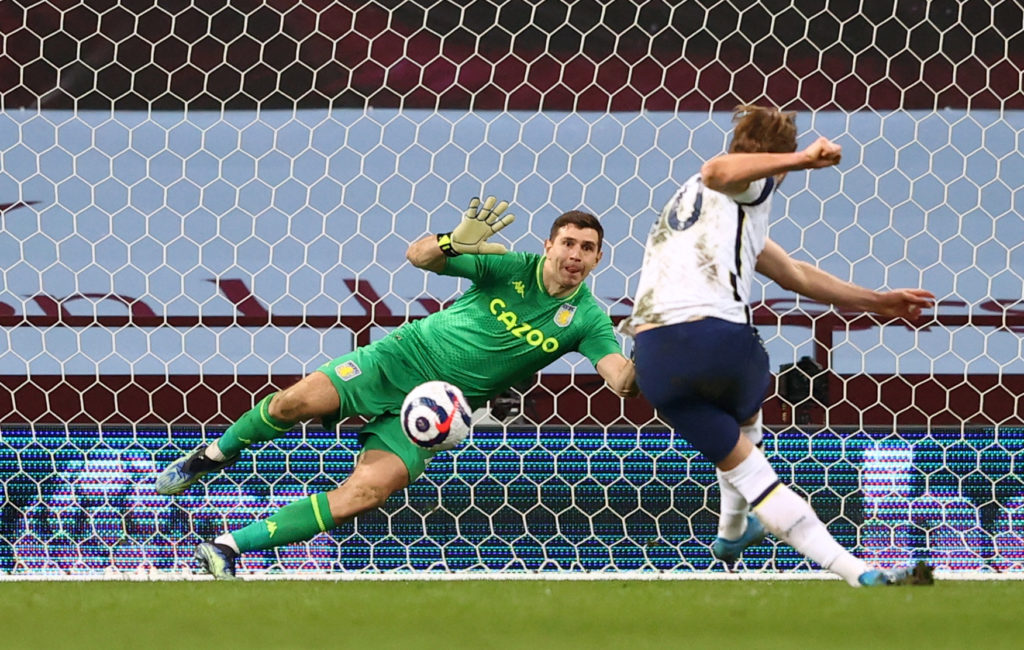
Now, what you choose to do with this information is where you can start to mark out how you approach the game.
Probably the most common way of how we use EO is to see what is the “template”, ie which players are the highest owned. You can also use it to make educated guesses at who the most captained players will be in any given week. For example, it was pretty obvious that Kane would have an EO of well over 100% in Gameweek 29, due to the reduced set of fixtures and an ownership of a whopping 94.5% in the top 10k.
I’m going to use Kane in Gameweek 29 as my example in this piece but please don’t think I am solely referring to the round just gone, as this is just a jumping-off point for a wider discussion on the subject of EO.
The reason I see EO as an important thing to discuss is that I firmly believe that how you use it says a lot about your style as an FPL manager. This week was particularly interesting, for me, as not only did Kane end up having the highest effective ownership I can remember seeing in FPL, but many people freely admitted that EO had been a huge factor in their decision making.
Now, there are a few different ways in which you can use EO.
Firstly, you could see that Kane is going to have such high ownership and decide to block any risk of him hauling by handing the Spurs striker the armband. For some, the EO of Kane – and the potential risk of him scoring big and not handing him the armband – is the only thing they need to consider. Some FPL managers don’t need to review any other information at their disposal. The context of Spurs’ form, gruelling midweek European football and Kane’s average recent record outside of the haul v Crystal Palace doesn’t factor into their decision making.
Others are influenced but not in such an extreme way; they may have done their research and still not have been entirely sure who to captain this week but opted to captain Kane because of his high ownership. Again, these managers are playing “safe”.
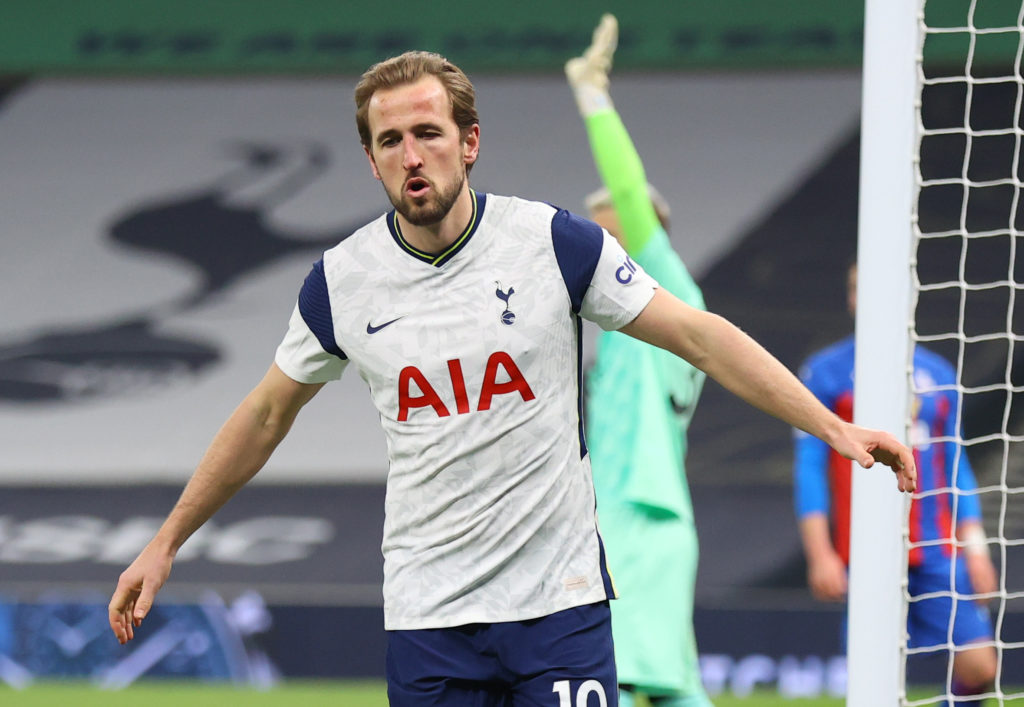
Secondly, there are groups of managers who go completely the other way. They see EO as a way of carving out an advantage for themselves by going against the grain. Again, there are different levels to this. Some might not even look at Kane’s stats or the fixtures, and simply back against. Now, this is, of course, a risky strategy, because if he does haul then those managers will likely have a huge rank drop. When not based on any real logic, it can be akin to playing with FPL fire.
When done in a more considered way, however, this strategy, while still riskier, presents itself as a way of making huge gains, very fast. This way of playing feeds into Lateriser‘s strategy of “Upside Chasing”, where managers try to hit big hauls by looking outside of the box when the crowd is heading in a different direction.
You can read more from Lateriser on the subject of Upside Chasing here:
The third, and easiest way of using EO? Ignore it completely and simply don’t factor it into your decision making at all. This allows you to, in essence, play FPL in its purest, most simplistic form. Backing players that you think will do well, avoiding those who you think will not perform – and ignoring what others are doing around you.
I put a poll out on Twitter which got around 2,000 responses from the engaged FPL community on how people use EO to inform their decision making.
Now the results here I find to be interesting. I didn’t realise going into this week just how big a part EO has on decision making – and how many of us actively use this information to play “safe”.
Mark Sutherns is an FPL manager who is very upfront about how he bases many of his decisions on others around him. He uses EO as a way to block, sometimes going against his gut to make sure he is covered. A perfect example of this came at the start of 2020/21 and involved Timo Werner (£9.2m), who he didn’t have any real faith in going into this season but who he was nevertheless worried about given his high ownership – and particularly in Gameweek 3 against West Brom, when he assumed he would be the highest captain in the game. Had Mark followed his gut, he would likely be even higher in the rankings right now as Werner, up to this point, has been a flop.
This doesn’t mean he has stuck to this approach. He mentioned to me about captaining Raphinha (£5.7m) over Patrick Bamford (£6.7m) in Gameweek 25 and here was swayed the other way – identifying an advantage in going for Raphinha that he could exploit to its maximum potential, due to Bamford’s EO.
EO has been a tool that has helped Mark, as ensuring that he can’t be “hurt” by certain players means he can instead use other slots in his team to try and rise through the ranks. Mark also happens to be one of the (if not the) best FPL managers in the world, so this approach must be taken seriously. He’s sitting at around the 6k mark this season, too, so it’s very hard to argue against this strategy. The poll results indicate that Mark’s way of thinking is shared by around 50% of engaged managers, as well.
I think that this approach is a sensible way of playing if the aim is to achieve a decent finish. I would expect that most people that stick to the “template” and base decisions off the back of this will finish in and around the top 100k. Despite Mark’s excellent record, he never feels as though he has been in a position to win FPL, making late surges to his best finishes. Could he have been braver in certain situations rather than worrying about others too much? Perhaps, but Mark serves as an example of where you can use EO to play more conservatively and do consistently well in FPL.
What’s important for me however is that people don’t become too rigid in their approach. Basing decisions purely on what others are doing sucks the fun – and a lot of the skill – out of the game. I strongly see EO as something that can be an incredibly advantageous tool as it can help you make a bet – but one in which the odds may be more in your favour – because of your expertise as an FPL manager.
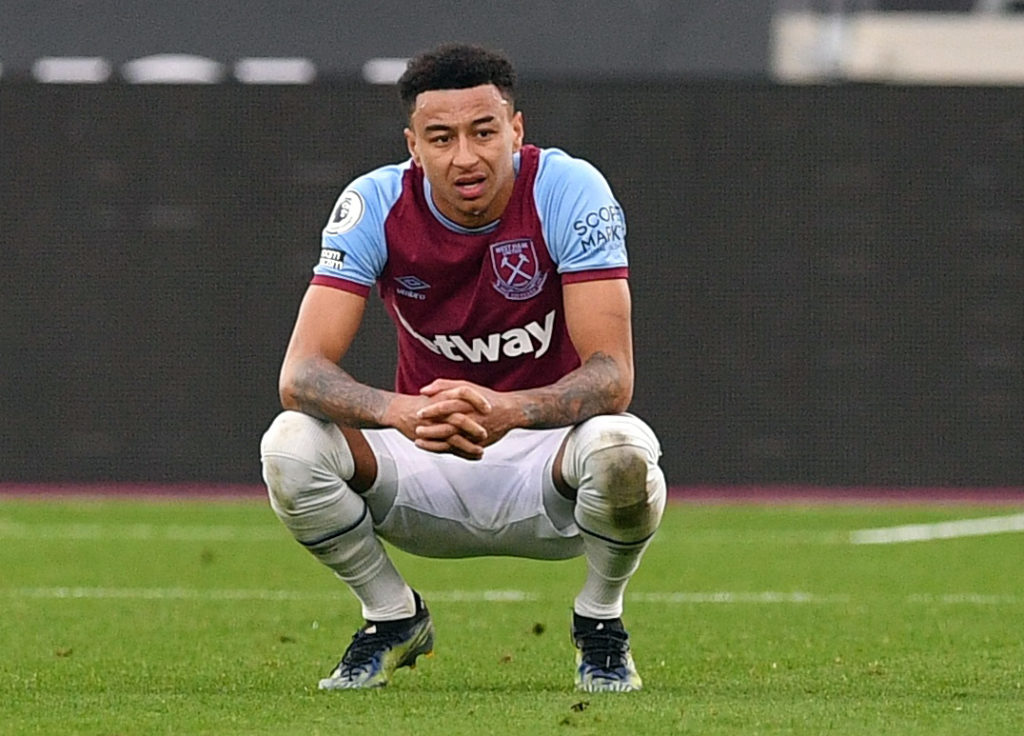
Kane is a good example this week as for me, it was a week in which the context of his match against Villa meant that I wasn’t expecting him to get a huge haul and there were other options with a better fixture (e.g. Brighton v Newcastle) or form (Jesse Lingard v Arsenal). To me, these were at least as attractive a pick as Kane but it ended up an extreme minority of engaged FPL managers that chose to back against the Spurs man.
However, people seemed to settle on Kane for one of two reasons. One being that he is reliable, on penalties and, well, he’s the best striker in the league. I’m fine with that, he was a solid pick, no question.
But others opted for Kane purely because they were worried about what potential points gained might do to their ranks. Even those who genuinely felt that there may be other options this week failed to carefully consider them because they were playing with fear.
Lateriser and Luke (a.k.a. D1sable), both great FPL managers in their own rights, have done excellent threads on this topic, attracting plenty of discussions and really framing their thoughts on the subject.
I do worry that people are falling too much into the safety nets of picking players out of fear, rather than using the tools at their disposal to find an advantage over others.
Now, this is a double-edged sword. This season, backing Riyad Mahrez (£8.1m) over Kevin De Bruyne (£11.9m) was an unmitigated disaster. But would I do it again? Absolutely. My greatest triumphs in FPL have been when going against the grain. I ignored Willian a few seasons ago when every man and his dog had him in their team and it was the right decision. Sadio Mané (£11.8m) is on my wall because I brought him in for Mohamed Salah (£12.4m) just as he entered a purple patch. Last season, I backed Raheem Sterling (£11.4m) because I saw something in him after Project Restart and he saved my season.
For those who call out Gameweek 29 as being an anomaly – or who say that I am only talking in hindsight – a great thread by FPL Swede reveals that out of 29 Gameweeks, on only five occasions has the most captained option been the highest-scoring player among the main runners and riders for the armband. This tells me that there is real potential here to be different and go against what others are doing.
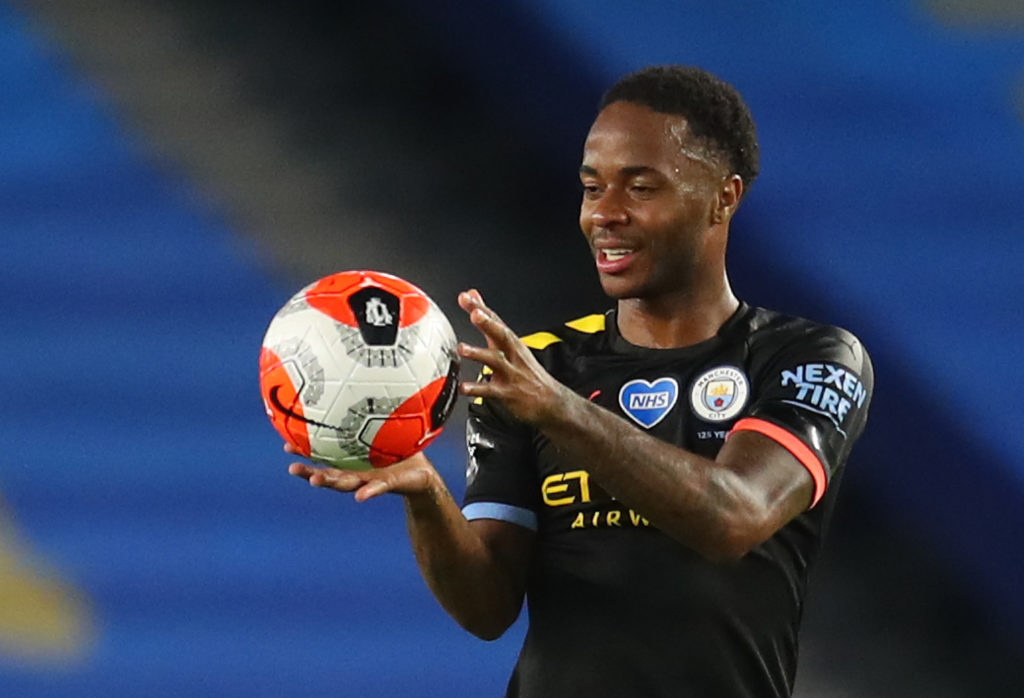
For me, the biggest issue with what I see on the boards and Twitter is that too often, leftfield picks are shot down and ridiculed. Often captaincies and strategies are judged off the back of one Gameweek, and many people are afraid to stick with their gut because of their fear of future disappointments and further ridicule. “Falling in line” with what everyone else is doing becomes the norm because everyone falls or rises together. It’s safe. I get it.
But this doesn’t mean that bravery should be mocked. Those who go against what everyone else is doing, when based on solid reasoning and consideration, should be applauded. To truly reach the upper echelons of the game, we need to do something different to everyone else.
I think it’s time to start being accepting of other people’s strategies, not purely judge people on their ranking history, and play the game that you want to.
I’m interested to see what you guys think. How do you use EO in FPL? Do you find that it has a major part in your decision making? Leave your comments below!
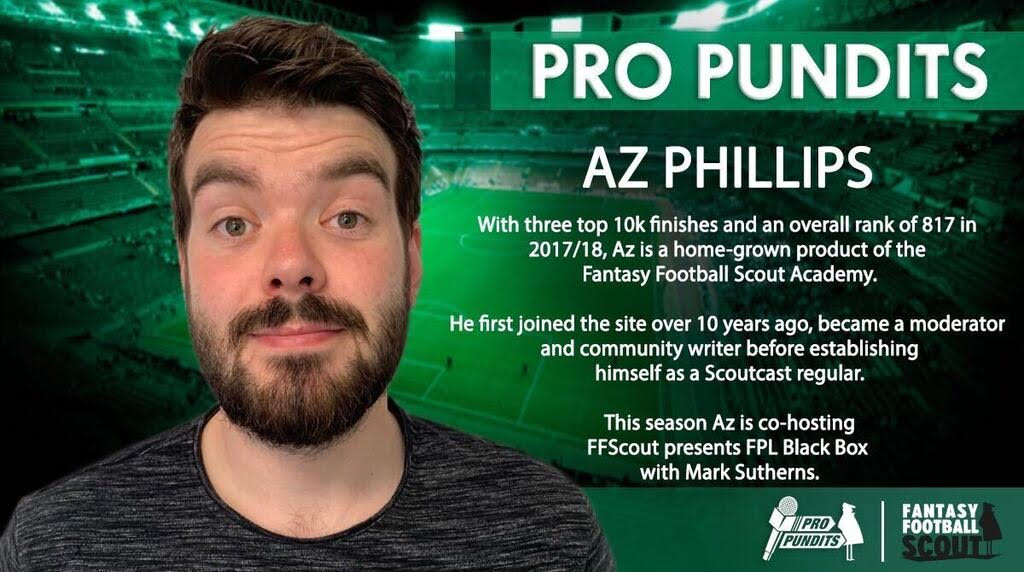
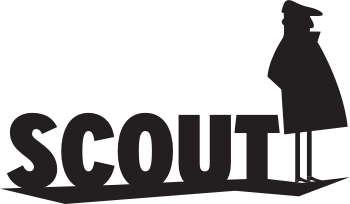


3 years, 7 months agoAny thoughts on the below? 1FT 0.9 ITB 10k within reach!
Martinez / Sanchez
Shaw, Stones, Dallas / Konsa, Maitland Niles
Salah, Bruno, Gundogan, Raphinha, Lingard
DCL, Bamford, Kane